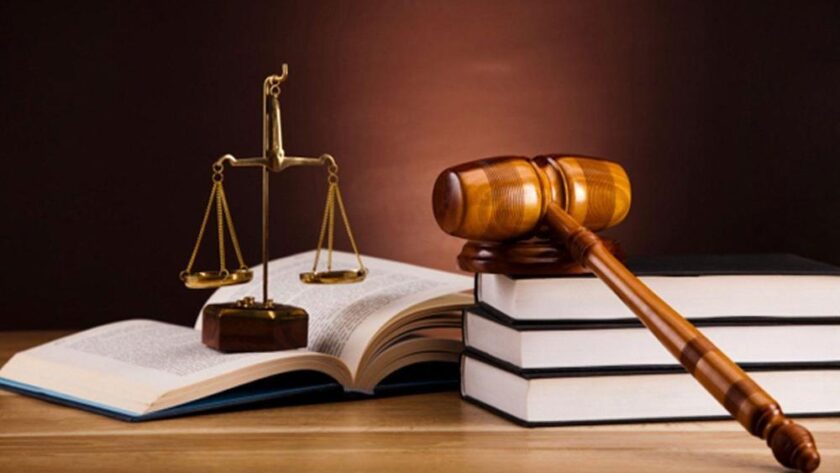A Power of Attorney and a Guardianship both involve legal arrangements where someone can act on your behalf.
Owing to their similar nature, many often confuse the two and talk about them as if they are interchangeable. However, the truth is that they’re not, and each is designed to fulfil specific purposes.
So the question is, what’s the difference between Power of Attorney and Guardianship? And, is one better than the other?
Although both are important legal roles that give someone decision-making power over another’s medical, financial and personal matters, there are quite a few distinctions between Powers of Attorney and Guardianship.
If you are concerned about your own capacity to make important decisions in the future, or the capacity of someone dear to you, you need to understand these differences.
In this blog, we will examine what Power of Attorney and Guardianship are as well as what makes them different from each other.
Let’s begin!
What Is a Power of Attorney?
A Power of Attorney is a written, witnessed and signed legal document that allows someone else, your attorney, to make decisions or take actions on your behalf when you cannot do so yourself. The decisions that can be made are in relation to your finances and wellbeing.
No one has an automatic right to take actions on your behalf without legal authority. As such, if you do not have a Power of Attorney in place and you lose mental or physical capacity, your loved ones may need to apply to a court to make decisions on your behalf.
A Power of Attorney gives you power over your own future. With it, you can set out any wishes regarding your finances and wellbeing and safeguard your future. Your Power of Attorney can be amended or revoked at any time, as long as you are capable of making these decisions.
If you are considering setting up a Power of Attorney, using an online legal service provider, like Zenco can make the process much easier. Always do your research and select a provider that aligns with your exact needs.
What Is Guardianship?
Guardianship comes into effect when an individual does not have the capacity to make their own decisions and does not have a valid Power of Attorney in place.
A Guardianship Order appoints a person to make decisions on behalf of an individual with incapacity, who cannot make decisions about their financial and welfare matters themselves.
Any individual can apply to their local sheriff’s court if they wish to be appointed as a guardian to their loved one. However, this legal process can be a little complicated, making it best to seek legal advice when sending in your application.
The Guardianship process can be long and drawn out as there are three reports that need to be obtained and lodged along with your application to the local sheriff court. The court will then set a hearing date and a sheriff will decide who can make the decisions for the incapacitated individual, along with how long and the types of decisions that can be made.
The only downside of the Guardianship process is that nobody has any authority to make decisions on the adult’s behalf unless a Guardianship order has been granted.
Power of Attorney vs. Guardianship: What’s the Difference?
Let’s take a look at some of the differences between Power of Attorney and Guardianship:
1) Role of Solicitors
While setting up Power of Attorney, solicitors play a vital role by guiding individuals through the legal processes involved. They also ensure that all documents have been drafted correctly and accurately reflect the individual’s wishes.
When it comes to Guardianship, solicitors act reactively to help individuals navigate the court system. An application for a Guardianship order can be prepared with the help of a solicitor, and the final decision is made by the sheriff regarding whether or not it will be granted.
2) Duration and Validity
A Power of Attorney will stay in force unless it is formally revoked or the individual granting it is no longer present. In comparison, Guardianship is given for a fixed period of time (typically 10-15 years) unless it is shown that it needs to be granted for a longer period.
3) Capacity Requirements
A Power of Attorney can only be granted when the individual can understand and explain their wishes coherently. Guardianship deals with situations where an individual is already without capacity and unable to make decisions for themself.
4) Proactive vs. Reactive Measures
Power of Attorney involves planning ahead by selecting someone you trust to handle your affairs, if you were to become incapacitated. As such, you can outline specific responsibilities to ensure your wishes are followed.
Guardianship is considered reactive as it can only be initiated after an individual is incapacitated, and in the absence of a Power of Attorney. In this case, the court steps in to appoint a guardian, often making the whole process lengthy and costly.
To Sum Up
When it comes to Power of Attorney and Guardianship, both approaches aim to protect an incapacitated individual but go about it in different ways.
Power of Attorney is a proactive and flexible way to ensure your personal preferences align with any future decisions if you are no longer able to make them yourself. In comparison, Guardianship has less flexibility but can prove to be an important safeguard if you have no other planning in place.
Keeping all of the above in mind, it is best to take some time to plan for your future. By looking out for your future self now, you can bring your family and loved ones much peace of mind during any difficult times later on.




